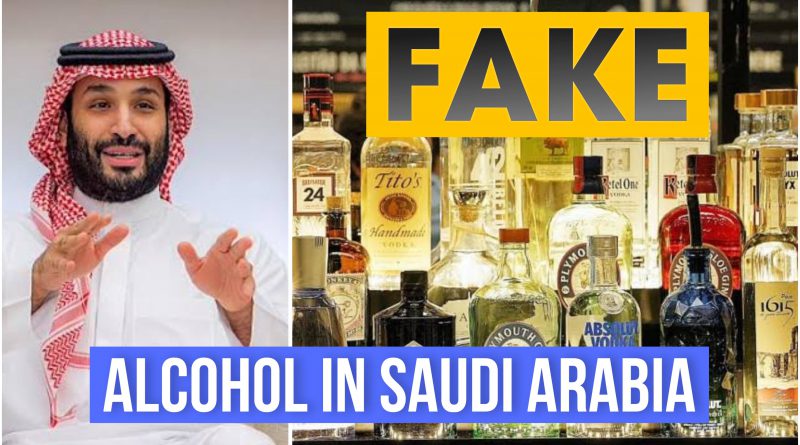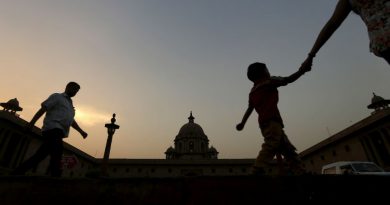No, Saudi Arabia Is Not Licensing Alcohol Sales in 2026 — Sources Clarify Misinformation
Riyadh — Recent claims in foreign media suggesting that Saudi Arabia is set to legalize alcohol sales to the public by 2026 are completely inaccurate, according to Arab News.
Speaking to Arab News, the sources clarified that no official statements have been issued by any Saudi authority on this matter. “These claims lack legitimacy and do not align with the Kingdom’s current laws or cultural values,” they said.
The clarification follows misleading reports that surfaced following Saudi Arabia’s increasing global outreach under Vision 2030, which aims to attract tourists through culturally immersive experiences—not through lifestyle compromises. “We won’t change our culture for someone else,” said a Saudi official, reaffirming that Saudi identity and Islamic values remain non-negotiable.
The Kingdom continues to welcome global visitors, offering an authentic look into its heritage, deserts, and coastline, but without altering religious and legal norms, particularly on sensitive matters like alcohol.
Sources also explained recent regulatory changes regarding non-Muslim diplomats. A new framework has been enacted to stop the unauthorized import of alcohol and other restricted items under diplomatic cover. While embassies can still access such goods under strict control, alcohol remains prohibited for the general public.
Legal experts emphasize that importing, possessing, or selling alcohol in Saudi Arabia remains a criminal offense, punishable by 2 to 5 years’ imprisonment. For Muslims, additional punishments include lashes under Shariah law. Non-Muslim offenders typically face jail time followed by deportation.
Despite reforms in various sectors, Saudi Arabia maintains that its cultural and religious principles are not up for negotiation—a point consistently upheld in both policy and enforcement.
In February this year, Saudi Arabia’s ambassador to the United Kingdom, Prince Khalid bin Bandar Al Saud, recently addressed alcohol regulations in the context of the 2034 FIFA World Cup, which the Kingdom is set to host.
In an interview with LBC, Prince Khalid confirmed unequivocally that no alcohol will be allowed at the 2034 World Cup in Saudi Arabia. “At the moment, we don’t allow alcohol,” he said. “Plenty of fun can be had without alcohol – it’s not 100% necessary and if you want to drink after you leave, you’re welcome to, but at the moment we don’t have alcohol.”
When asked if fans would be able to drink in hotels during the tournament, as was partially allowed at the 2022 World Cup in Qatar, the ambassador was clear: “No, there is no alcohol at all. Rather like our weather, it’s a dry country.”
He added, “Everyone has their own culture. We’re happy to accommodate people within the boundaries of our culture but we don’t want to change our culture for someone else.”
This strict approach reflects Saudi Arabia’s broader stance on maintaining its cultural and religious values even while engaging with the global community through events like the World Cup.
The 2022 Qatar World Cup, also held in a Muslim country, experienced controversy over alcohol sales, which were initially permitted in stadiums but later reversed days before the event started. However, fans could buy alcohol in designated fan zones and hotel bars. Saudi Arabia, by contrast, is signaling no such concessions.
The ambassador also addressed concerns related to inclusivity, noting that while same-sex relations are illegal in Saudi Arabia and transgender identities are not officially recognized, “We will welcome everyone in Saudi. It is not a Saudi event, it is a world event and, to a large extent, we will welcome everyone who wants to come.”
Nevertheless, Saudi Arabia insists that its hosting of the 2034 World Cup will showcase its heritage and culture without compromising its core values — a stance reiterated by officials and reflected in the firm stance on alcohol sales and cultural norms.



